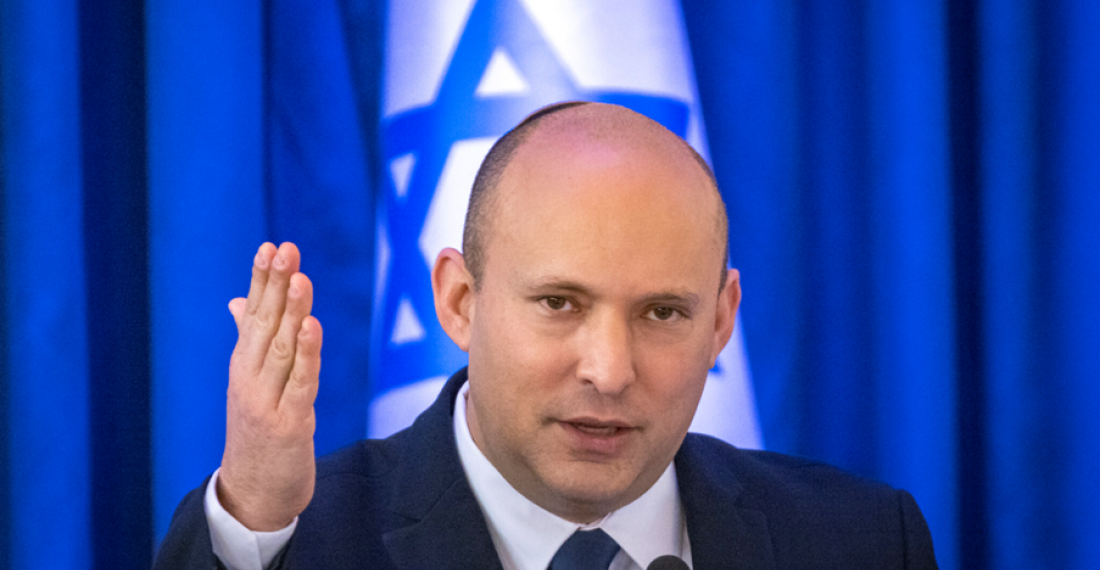Prime Minister Naftali Bennett of Israel said on Sunday that Iran would have to face consequences for its proxy attacks on his country. Tensions between the two countries have escalated into a fatal match of geopolitical tennis after Israel’s alleged killing of a senior member of Iran’s Revolutionary Guard last Sunday.
In an address to his Ministers, Bennett accused Iran of repeatedly attacking Israeli interests. “For decades, the Iranian regime has practiced terrorism against Israel and the region by means of proxies, emissaries, but the head of the octopus, Iran itself, has enjoyed immunity”, he said.
The announcement came as the head of Iran’s Revolutionary Guard Corps (IRGC), Major General Hossein Salami, accused the “Zionists” of the killing of Colonel Sayyad Khodai, adding that “[they] will avenge his death”. Whilst the IRGC’s head did not use the common phrase “Zionist regime” to refer to Israel, the attack followed a pattern of similar attacks conducted by Israel targeting Iranian officials.
Last week’s killing of Khodai constituted the most significant assassination on Iranian soil since the death of Iran’s chief nuclear scientist Mohsen Fakhrizadeh. Whilst not commenting on the allegation of his government’s responsibility, Prime Minister Bennett alerted his country’s embassies and consulates globally out of fear of a retaliatory attack.
Israel’s National Security Council, in response to the recent escalations, additionally issued a travel warning for its citizens travelling to Turkey and other countries bordering Iran following “real threats to Israelis”. Similarly, the Israeli air-defence system “Iron Dome” has been placed on “high alert and their deployments adjusted to the threats” according to the Times of Israel.
Tensions between the US-Israeli coalition and Iran have been rising as the prospect of a return to the Iran Nuclear Deal of 2015 is looking increasingly unlikely. Robert Malley, US special envoy for Iran, told legislators last week that the possibility of returning to the previous deal remained “tenuous at best”.
The deal, formally known as the Joint Comprehensive Plan of Action (JCPOA), relieves Iran of harsh economic sanctions placed on its economy following the suspicion it was developing nuclear weapons in 2006. The Trump administration unilaterally withdrew from the deal in May of 2018 and re-entry negotiations stalled earlier this year.
Following the departure of the Trump administration from the JCPOA, the E3 which consists of France, Germany, and the UK published a shared statement indicating their intention to abide by the deal’s obligations. However, Iran has since become wary of the US’ involvement in such a deal, viewing it as an unreliable partner. Beyond the sanctions imposed on Iran’s economy, its government, headed by President Ebrahim Raisi, has pushed the US to remove the IRGC from its terrorist blacklist. Last week President Biden frustrated any such hope when he reaffirmed his administration’s terrorist designation of the military group.






